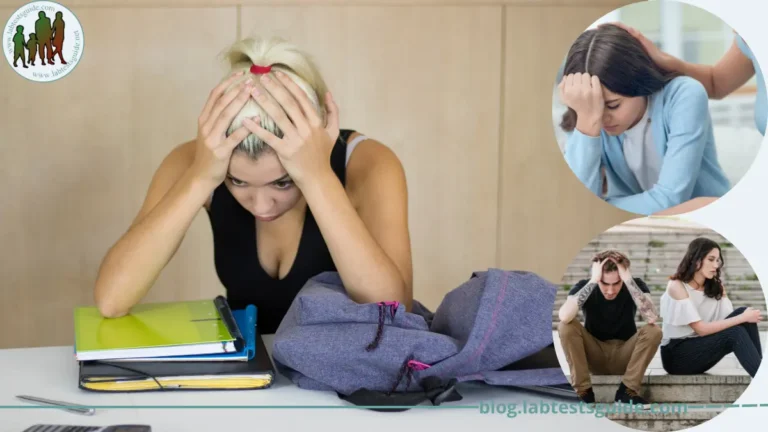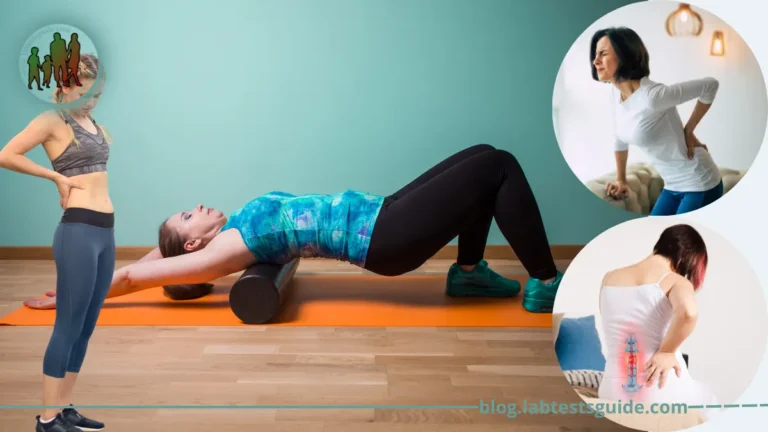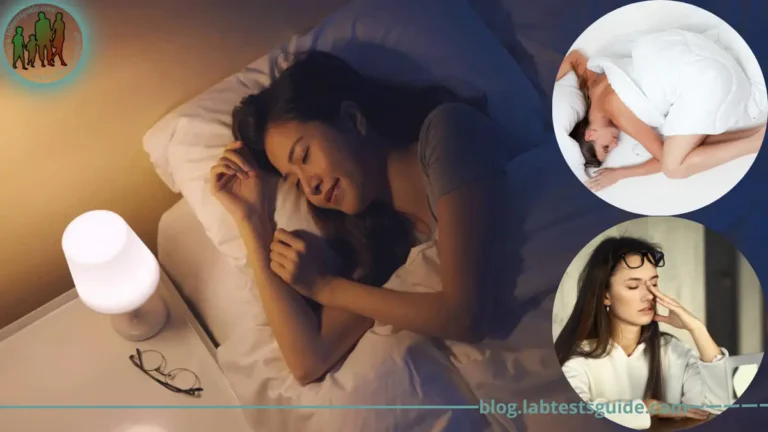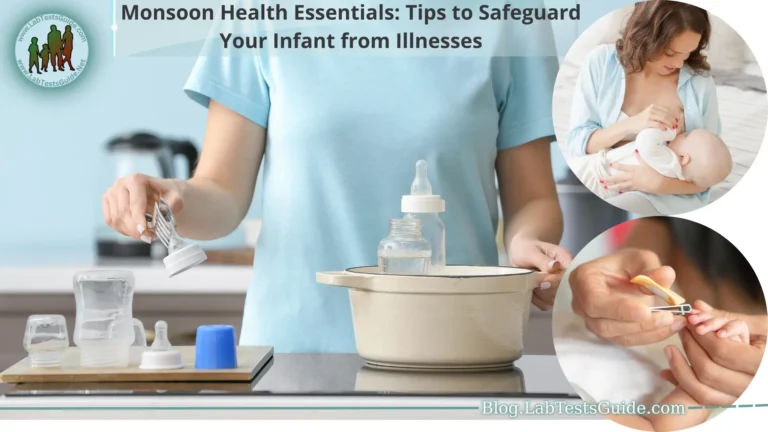Anxiety and stress are common experiences in today’s fast-paced and demanding world. While it is normal to feel anxious or stressed from time to time, prolonged and intense feelings of anxiety and stress can have a negative impact on our mental and physical well-being. Many individuals seek natural remedies as a way to alleviate these symptoms and promote a sense of calm and relaxation.

This guide provides an overview of some natural remedies that can be used to manage anxiety and stress. It is important to note that these remedies may not work for everyone, and it is crucial to consult with a healthcare professional for personalized advice and guidance. Additionally, natural remedies should not replace professional treatment for anxiety disorders or other mental health conditions.
Understanding Anxiety and Stress:
Anxiety and stress are closely related and often go hand in hand. While they are normal responses to challenging or threatening situations, excessive or prolonged anxiety and stress can be detrimental to our overall well-being.
- Anxiety: Anxiety refers to a feeling of unease, fear, or worry. It is a natural response to stress and can be triggered by specific events or situations. However, when anxiety becomes persistent and interferes with daily life, it may indicate an anxiety disorder. Symptoms of anxiety can include restlessness, irritability, difficulty concentrating, muscle tension, and sleep disturbances.
- Stress: Stress is the body’s response to any demand or pressure placed upon it. It can arise from various sources, such as work, relationships, finances, or major life changes. When stress becomes overwhelming and chronic, it can lead to physical, emotional, and mental health problems. Common symptoms of stress include tension headaches, fatigue, insomnia, changes in appetite, and difficulty making decisions.
Both anxiety and stress can affect our quality of life, impair our ability to function effectively, and contribute to the development of other health conditions. It is important to recognize the signs and symptoms and take steps to manage and reduce anxiety and stress levels. Natural remedies can be one part of a comprehensive approach to promoting relaxation and well-being.
Natural Remedies for Anxiety and Stress:
- Relaxation Techniques: Various relaxation techniques can help calm the mind and body. Deep breathing exercises, progressive muscle relaxation, and guided imagery are examples of techniques that can be practiced to reduce anxiety and stress.
- Mindfulness and Meditation: Mindfulness and meditation practices can help cultivate a state of present-moment awareness and promote relaxation. These practices involve focusing attention on the present, observing thoughts and emotions without judgment, and allowing them to pass without attachment.
- Herbal Supplements: Certain herbal supplements have been traditionally used to support relaxation and reduce anxiety symptoms. Examples include chamomile, lavender, valerian root, passionflower, and lemon balm. It is important to consult with a healthcare professional before starting any herbal supplement to ensure safety and appropriate dosage.
- Aromatherapy: Aromatherapy utilizes essential oils to promote relaxation and reduce anxiety. Scents such as lavender, chamomile, bergamot, and rosemary have been found to have calming properties. Essential oils can be used in diffusers, added to bathwater, or diluted in carrier oils for massage.
- Balanced Diet: A healthy and balanced diet can positively impact mood and stress levels. Incorporate foods rich in omega-3 fatty acids (e.g., fatty fish, walnuts), whole grains, fruits, vegetables, and foods containing magnesium (e.g., spinach, almonds) to support overall well-being.
- Adequate Sleep: Sufficient sleep is essential for managing anxiety and stress. Establish a consistent sleep schedule, create a relaxing bedtime routine, and ensure a comfortable sleep environment to improve sleep quality.
- Limiting Caffeine and Alcohol Intake: Caffeine and alcohol can exacerbate anxiety symptoms and disrupt sleep patterns. Limiting or avoiding these substances can contribute to a more balanced and calm state of mind.
It is important to note that while natural remedies can be helpful, they may not be sufficient for everyone. If anxiety or stress becomes overwhelming or significantly impacts daily functioning, it is crucial to seek professional help from a healthcare provider or mental health professional.
Exercise and Physical Activity:
Exercise and physical activity are powerful tools for managing anxiety and stress. Engaging in regular exercise has numerous benefits for both your physical and mental well-being. Here are some key points to understand about exercise and its impact on anxiety and stress.
- Endorphin Release: Exercise stimulates the release of endorphins, which are natural chemicals in the brain that promote feelings of well-being and happiness. These endorphins act as natural mood boosters and can help reduce anxiety and stress.
- Stress Reduction: Physical activity can help reduce levels of stress hormones, such as cortisol, in the body. Regular exercise can help you better cope with stress by promoting relaxation and improving your ability to manage challenging situations.
- Mood Improvement: Exercise has been shown to improve mood by increasing levels of neurotransmitters like serotonin and dopamine, which play key roles in regulating emotions. Regular physical activity can contribute to a more positive outlook and a greater sense of emotional well-being.
- Distraction and Focus: Engaging in physical activity provides a healthy distraction from anxious or stressful thoughts. Focusing on the movements and sensations of your body during exercise can help redirect your attention away from negative thinking patterns.
- Increased Energy and Sleep Quality: Exercise can boost your energy levels and combat feelings of fatigue associated with anxiety and stress. It can also improve sleep quality, leading to better overall rest and restoration.
- Social Engagement: Participating in group exercises or team sports can provide social interaction and a sense of community, which can be beneficial for reducing anxiety and stress. Connecting with others who share similar interests can provide support and enhance your well-being.
- Types of Exercise: Choose activities that you enjoy and that fit your physical abilities and preferences. Options can include aerobic exercises (such as running, swimming, or dancing), strength training, yoga, or even taking regular walks. Find activities that you find enjoyable and incorporate them into your routine.
It is important to note that the benefits of exercise on anxiety and stress can vary from person to person. It’s recommended to consult with a healthcare professional before starting any exercise program, especially if you have any underlying health conditions or concerns. They can provide guidance on suitable activities and help you create an exercise plan that suits your needs.
Social Support and Connection:
Here are some key points regarding social support and connection:
- Seek Support: Reach out to trusted friends, family members, or support groups when you’re feeling overwhelmed. Sharing your feelings and concerns with others can provide emotional support, reassurance, and perspective.
- Communicate: Open and honest communication with loved ones can help reduce feelings of isolation and promote understanding. Expressing your needs and concerns allows others to provide support and assistance.
- Engage in Social Activities: Participate in social activities that you enjoy and that promote positive connections. This can involve joining clubs, community groups, or volunteering, which can provide opportunities to meet like-minded individuals and build new relationships.
- Online Communities: Utilize online platforms and communities to connect with others who may be experiencing similar challenges. Online support groups or forums can provide a sense of community and a space to share experiences and advice.
- Professional Support: Consider seeking professional help from therapists, counselors, or support helplines. These professionals can provide guidance, coping strategies, and a safe space to discuss your feelings and concerns.
- Healthy Boundaries: Establishing healthy boundaries in relationships is important for maintaining emotional well-being. Learn to prioritize your needs, communicate boundaries clearly, and surround yourself with supportive individuals who respect and understand your limits.
- Practice Empathy and Active Listening: Show empathy and be an active listener when providing support to others. Engage in conversations with genuine interest and compassion, and offer a non-judgmental space for them to express their own anxieties and stresses.
Remember, building and maintaining social support and connection takes effort and time. It’s important to nurture relationships, be present for others, and be open to receiving support when needed. Surrounding yourself with a network of caring individuals can significantly contribute to your ability to manage anxiety and stress.
Conclusion:
In conclusion, natural remedies can play a supportive role in managing anxiety and stress. Incorporating practices such as exercise, relaxation techniques, mindfulness, and a balanced diet can promote relaxation, improve mood, and reduce anxiety symptoms. Herbal supplements, aromatherapy, and social support can also contribute to overall well-being.
However, it is essential to remember that natural remedies should not replace professional medical or mental health treatment. If anxiety or stress becomes chronic, severe, or significantly interferes with daily life, it is important to seek guidance from a healthcare professional. They can provide a proper diagnosis, develop a comprehensive treatment plan, and offer additional interventions, such as therapy or medication if necessary.
Remember to prioritize self-care, engage in healthy coping strategies, and seek support when needed. Everyone’s journey to managing anxiety and stress is unique, so finding the right combination of remedies and interventions may require some trial and error. Be patient, compassionate towards yourself, and open to exploring different strategies to find what works best for you.






